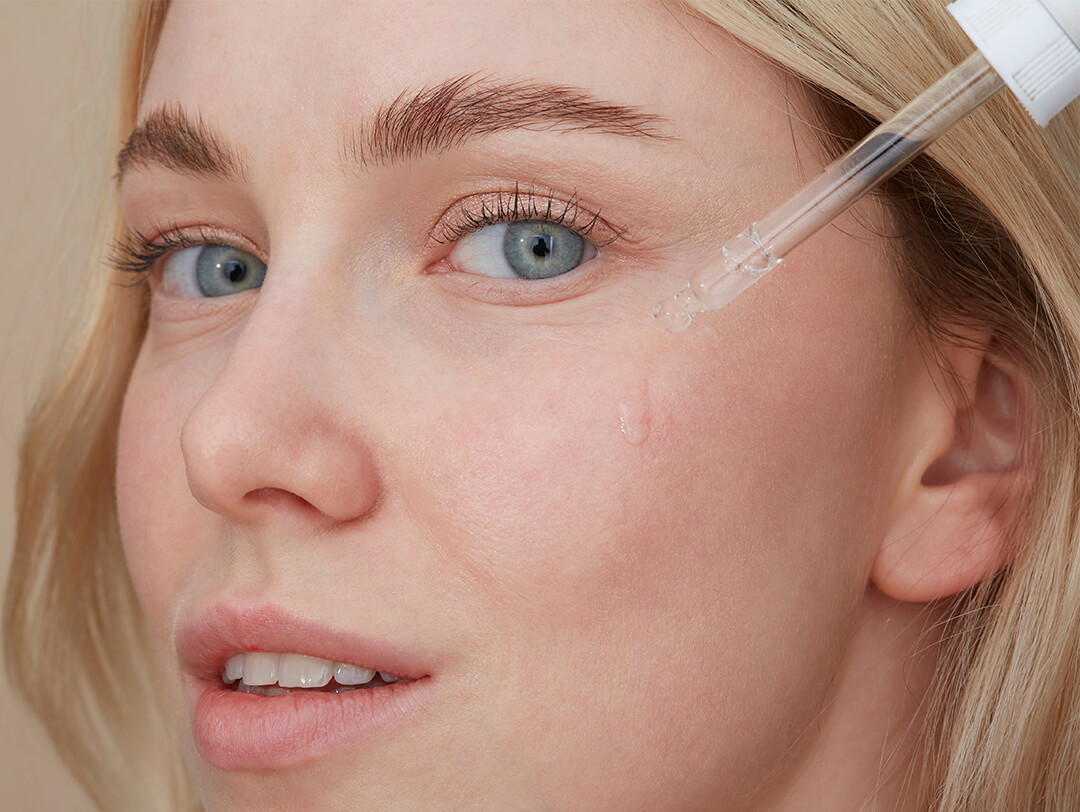Acids have become an important part of the skincare routine. But you were never good at chemistry and going into the nitty gritty of the science of skincare can be too much for you to bear.
If you can relate to feeling lost when it comes to facial acids, then you are not alone. The science of facial acids can be, rightfully, confounding. However, if you know the basics, you can then make qualified decisions with regards to using acids in your skincare routine.
If you have specific skin conditions like dermatitis or eczema, then perhaps you should consult Skin Specialists in Rawalpindi before using acids, lest they be too much for your skin.
Table of Contents
Your Guide To Facial Acids
There is a wide variety of acids available to choose from, and each serves a different purpose. Knowing it is vital for you to create your skincare regimen.
Ascorbic Acid
More commonly known as vitamin C, ascorbic acid carries many benefits for the skin. It helps in boosting collagen production, which then prevents the signs of aging.
Furthermore, ascorbic acid also helps in making the skin glow. It evens out the complexion, as it helps in controlling the melanin production. Consequently, it also aids in dealing with hyperpigmentation as well.
Vitamin C is also a great antioxidant, so protects the body against the damage from the free radicals. Similarly, vitamin C also makes the skin more hydrated, and thus improves its texture as well.
Ascorbic acid is also good for dealing with inflammation, and thus also caters to facial puffiness as well.
Glycolic Acid
A type of AHA, glycolic acid is great for keeping your skin healthy. As it penetrates deep into the skin, it offers skin treatment that has a greater impact.
As a good exfoliator, glycolic acid ensures that your skin looks radiant, devoid of the dead skin cells that cause uneven appearance and presence of texture on the skin.
Glycolic acid is also great for dealing with signs of aging; it helps in collagen production, which is a skin protein that keeps skin hydrated, taut and devoid of wrinkles. It also helps with hyperpigmentation as well.
Hyaluronic Acid
Hyaluronic acid is great for moisturizing your skin. It draws water into the skin, so to keep it soft and plump. Moreover, having a good moisturization routine is also effective for preventing aging. Hyaluronic acid also adds makes the skin more radiant as well.
Ferulic Acid
Ferulic acid is an excellent antioxidant, so it helps protect the skin from the dangers of free radicals. It is often used in conjunction with vitamin C, as it helps in stabilizing it.
Lactic Acid
Another acid that is good for the skin is lactic acid. A type of alpha hydroxy acid, lactic acid is a good exfoliating agent, however it is not harsh in its action, so is suitable for those with sensitive skin.
Moreover, lactic acid then makes the complexion glow as well, since the layer of dead skin cells that weigh the skin down gets removed. Lactic acid also makes for a good moisturizer as well.
Tartaric Acid
A type of AHA, tartaric acid is suitable for those with sensitive skin. It offers mild exfoliation. Moreover, it also helps in the regulation of the pH of the skin, which is vital for the skin to be healthy.
Salicylic Acid
Salicylic acid is commonly known for treating acne. It is also touted as a treatment for breakouts. As it is good for breaking down the oils that clog the pores, so it also effective for dealing with blackheads and white heads.
Furthermore, salicylic acid is also a good anti-inflammatory agent, so helps in curbing the impact of an acne breakout as well. If, however, your acne is getting out of hand, you must consult your skin doctor at Hameed Latif Hospital for relief.

